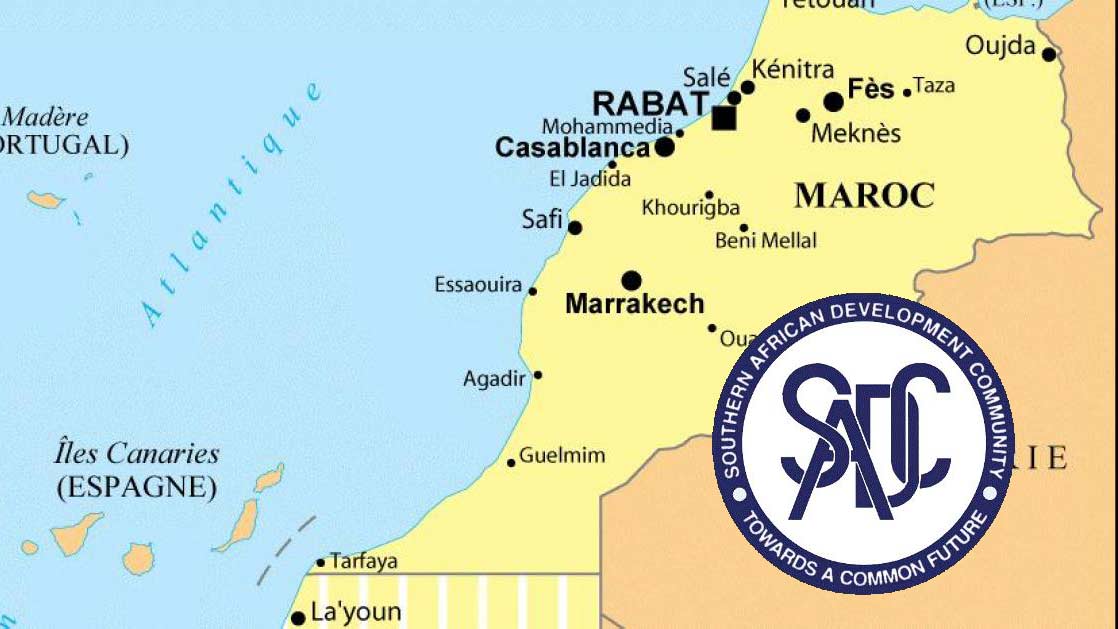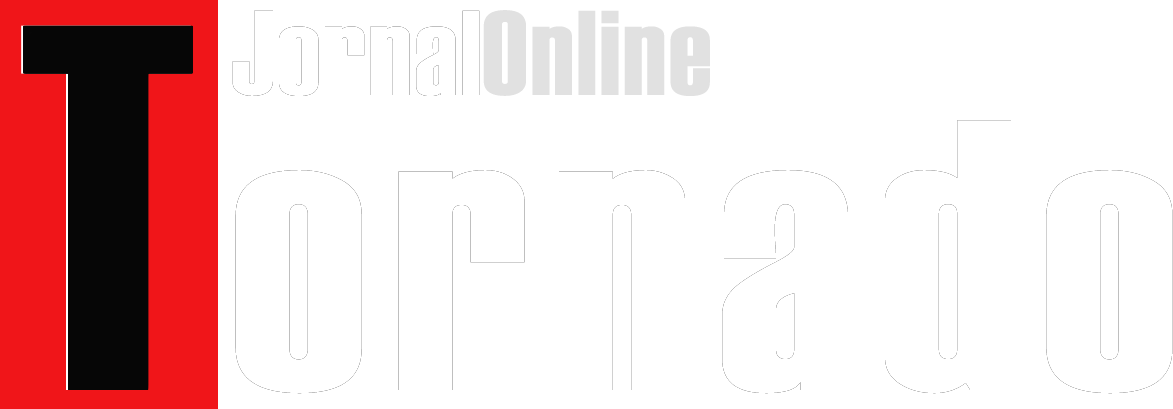The Southern African Development Community (SADC) Solidarity Conference with the people of Western Sahara, to be held in Pretoria, South Africa, will take place on 25-26 March.
A conference that was organized months in advance and which will feature African Heads of State and Foreign Ministers from across the continent as well as some foreign dignitaries.
The aim of the Conference will be:
- to renew SADC’s solidarity with the Saharawi people in their struggle for self-determination;
- identify an approach that establishes mechanisms to involve relevant actors and partners, including the Kingdom of Morocco, to observe the letter and spirit of the United Nations (UN) and African Union (AU) resolutions, as well as to speed up the resolution of the problem of Western Sahara, and
- to reiterate the position that the solution to the question of Western Sahara should be based on the principle of self-determination and decolonization by holding a referendum.
This show of solidarity poses a serious threat to Morocco’s agenda and its modus operandi. The Moroccan Kingdom is trying at all costs to maintain Western Sahara as a colony and has developed all imaginable maneuvers to avoid complying with the resolutions of the United Nations and the Union African. Morocco categorically opposes any involvement of the African Union and hopes to block any solution that would allow the self-determination of the Saharawi people.
According to the South African press, the latest maneuver of despair by Morocco was exposed last week when it’s government sent last minute invitations to African ministers to attend its own conference on Western Sahara in Morocco on the same dates as the SADC conference.
The invitation letter from Morocco sent to the Mali Foreign Minister, which was published online, offered to pay for all travel expenses.
According to South African press some regional authorities claim that Morocco used financial incentives to convince some ministers. Countries such as Malawi, which is in financial difficulties after the devastation caused by Cyclone Idai, reversed its decision to attend the solidarity conference, after the alleged pressure from Morocco.
Morocco was accepted as a member of the AU in 2017 but since its accession has shown no genuine commitment to relinquish its dominance over the illegally occupied territory of Western Sahara or to abide by the constitutive act of the AU. In fact, Morocco has been aggressive on a number of occasions and its behavior, includes not only boycotts of meetings but. even physical aggression against members of the Saharawi delegation, a behavior unworthy of representatives of a country and which has been strongly criticized within the AU.
Negotiations between Morocco and the Polisario Front under the auspices of the UN were resumed in December 2018 and had a second round this month. Saharawi representatives suggested confidence-building measures, such as the release of Saharawi political prisoners, the posting of human rights monitors in the occupied territories, an end to cease-fire violations and an end to the illegal plundering of Western Sahara’s natural resources by Morocco. Morocco sofar declined these issues and publicly announced that the only acceptable solution is the autonomy plan and does not accept the holding of the referendum (which includes the option of the autonomy plan).
The African Union, for its part, has established a troika to deal with the Western Sahara issue which is composed of Egyptian President Fattah al-Sisi, South African President Cyril Ramaphosa and Rwandan President Paul Kagame. The aim of this Troika is to create a new mechanism and way to allow the AU to contribute to the UN process to ensure self-determination for the Saharawi people.
President Ramaphosa called on Morocco to decolonize Western Sahara and said that South Africa would use its mandate in the UN Security Council to promote the Saharawi cause.
If Morocco thought that when entering the African Union, the AU would passively attend an illegal military occupation and would not try to participate actively in the UN process, it was mistaken.
This month, the AU Commission chairman and the AU president agreed on the need to operationalize the mechanism of this continental organization in Western Sahara and will appeal to the cooperation of the member states.
It is unlikely that most African states that have the memory of their own struggle for liberation and self-determination for colonial occupation deny solidarity to the people of Western Sahara for the same cause. Over the years Morocco has always tried with financial incentives and with the help of France to make allies in the continent to support the illegal occupation of Western Sahara.
In fact French-speaking countries and Cape Verde and Guinea Bissau sometimes support the maneuvers of Morocco, but none had the audacity to recognize the occupation as legal, which would immediately violate the principles of the African Union where the Sahrawi Arab Democratic Republic is full member.
Morocco thus finds itself isolated and swimming against the tide in the 21st century defending the existence of the last colony in Africa.




